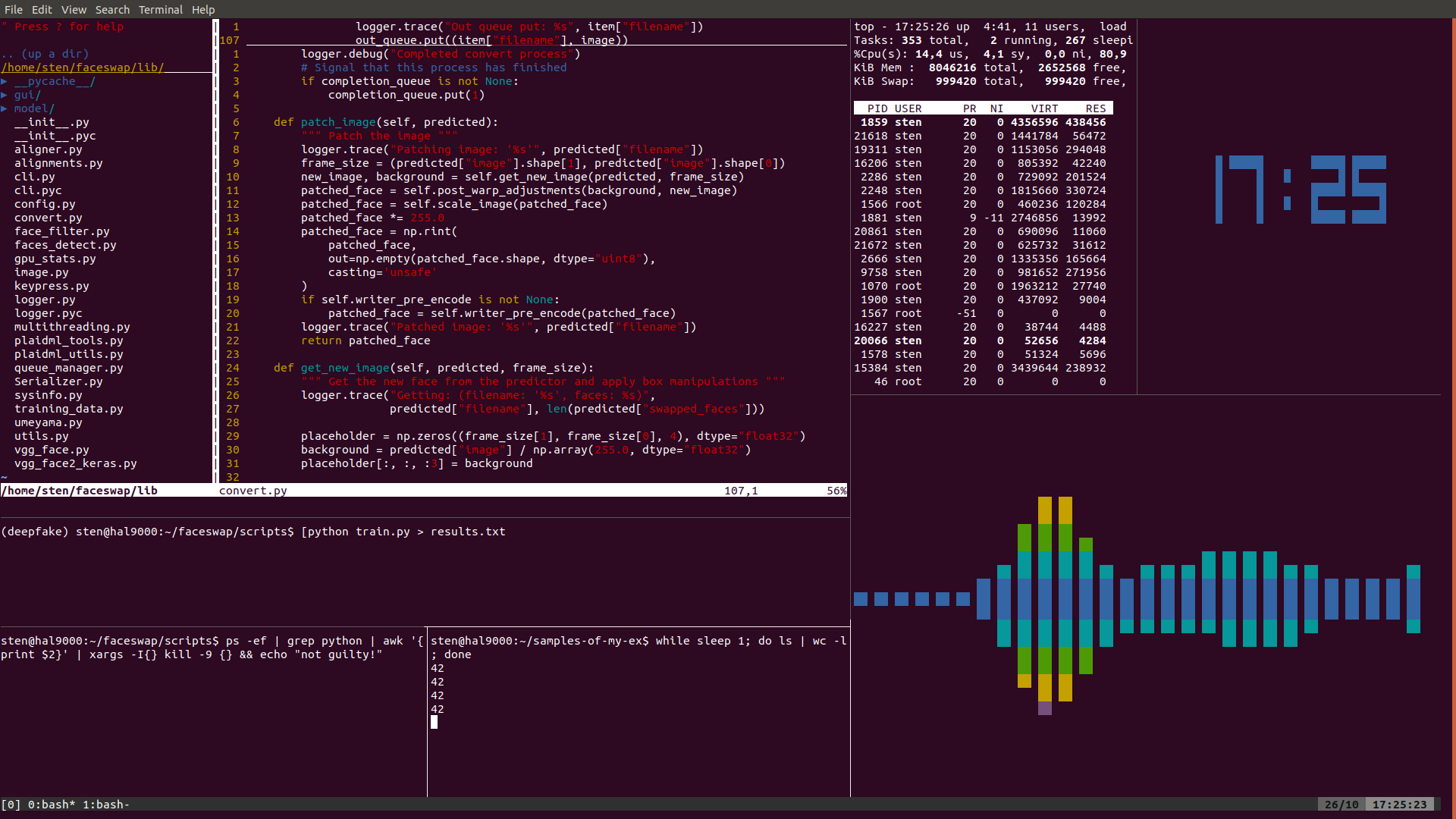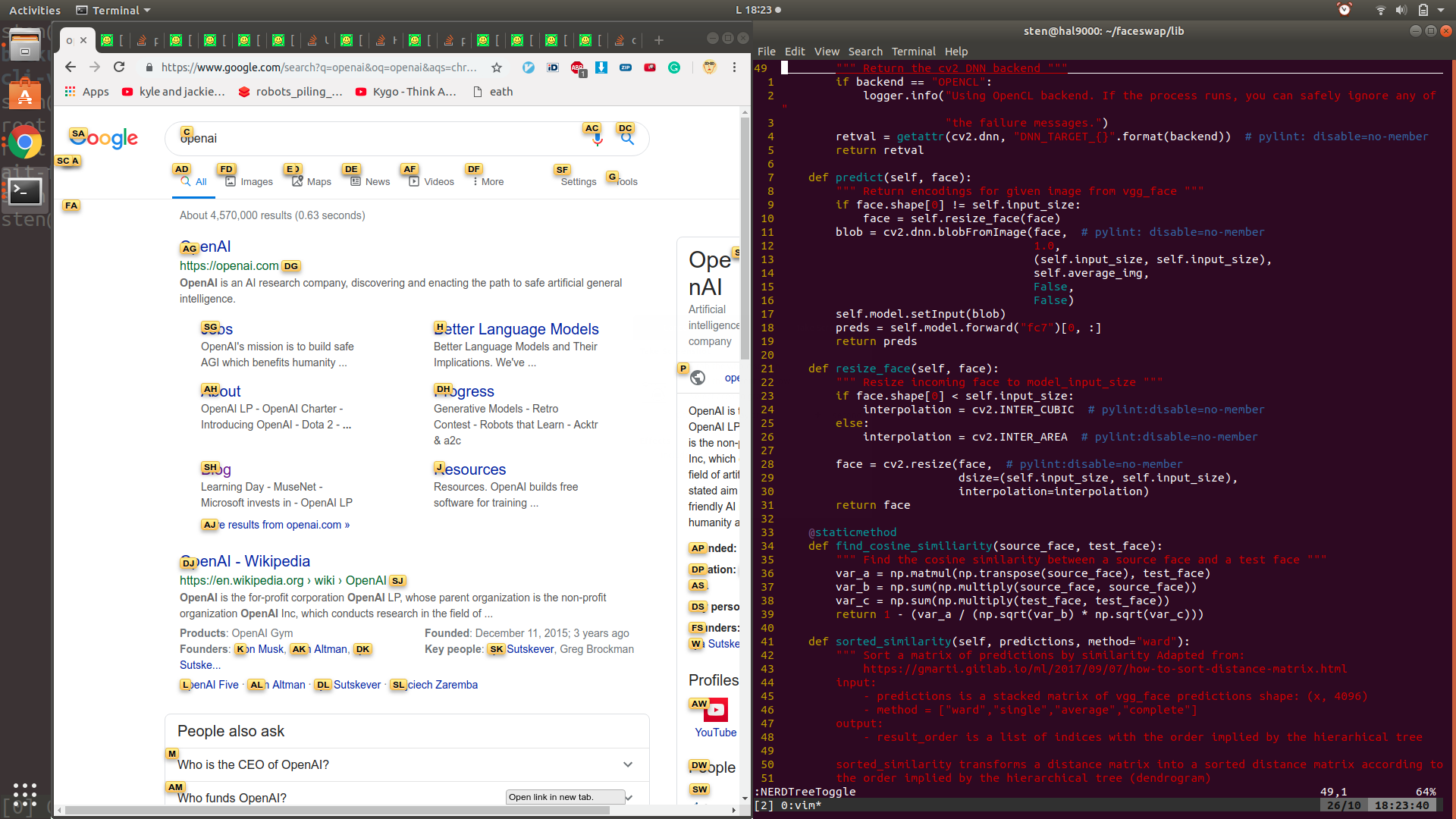
Programmers are kind of wizards: slightly battered poor characters who can turn coffee into lines of code. I do not own magic, I'm just an illusionist.
My job is to be more authentic in being a fake programmer than real programmers in being yourself.
I am good at my job; an excellent quack came out of me. I fooled businessmen and they made me their technical cofounders. I deceived the engineers and they discussed with me the topic of Universal Artificial Intelligence. The presentation I play is so believable that the Department of Justice once asked me for advice on creating a Visual Basic GUI to track down the IP address of a serial killer .
The secret is simple: it’s not what you know , but what you show .Real programmers are slow and boring because they are limited by reality. The illusionist is held back only by imagination. He is free to implement the most sophisticated of scenarios, and the more obscene, the better. Often the image of a hacker in the eyes of the public is formed by scenes of parties and
take the kids away
- One has only to become that rare person playing on these misconceptions, allowing the uninitiated to indulge their fantasies, as you immediately become a hero.
Firstly, we have Vim - a text editor whose interface at first glance looks so incomprehensible that millions of developers are lost in it, having no idea how to close this thing. The fact that you dare to use it raises your status among colleagues. You look almost mythical, enlightening others about such ancient topics as the Great War of editors and encouraging listeners to go on a crusade to the Church of Emacs.
Secondly, there is tmux - a utility that allows you to open multiple windows inside the console. This means that you can write code in one window, run commands in another, and watch how some useless plug-ins (such as spectrograms and huge clocks) work in the third. In general, it is better to keep as many windows open as possible, overwhelming the audience with an obsessive sight. Personally, I always make sure that at least one window is always open, because, as you know, useless code does not age.
As an example, here is a screenshot of my screen when I generate “diphakes”:

Spectrogram credit: MOP - Ante Up
Finally, it is very important that you master bash perfectly. Knowing bash allows you to maximize the time you spend in the console - leaving this skill without proper attention will be blasphemy, comparable to turning on the light in the cinema in the middle of the film.
Need to count something?
You are welcome:
echo "scale=0; 2 + 2" | bc
? :
mpstat | grep -A 5 "%idle" | tail -n 1 | awk -F " " '{print 100 - $ 12}'a
, .
, , . , . , . , – .
Vimium – Chrome, . . , :

Pro tip: , . , , arXiv StackOverflow. . , , , – .
, . , , . , . - 40- .
, : , . . vim , , , . , , ( ), .
. . , , .
, , . , , , , .
, ? , ?
: -, .